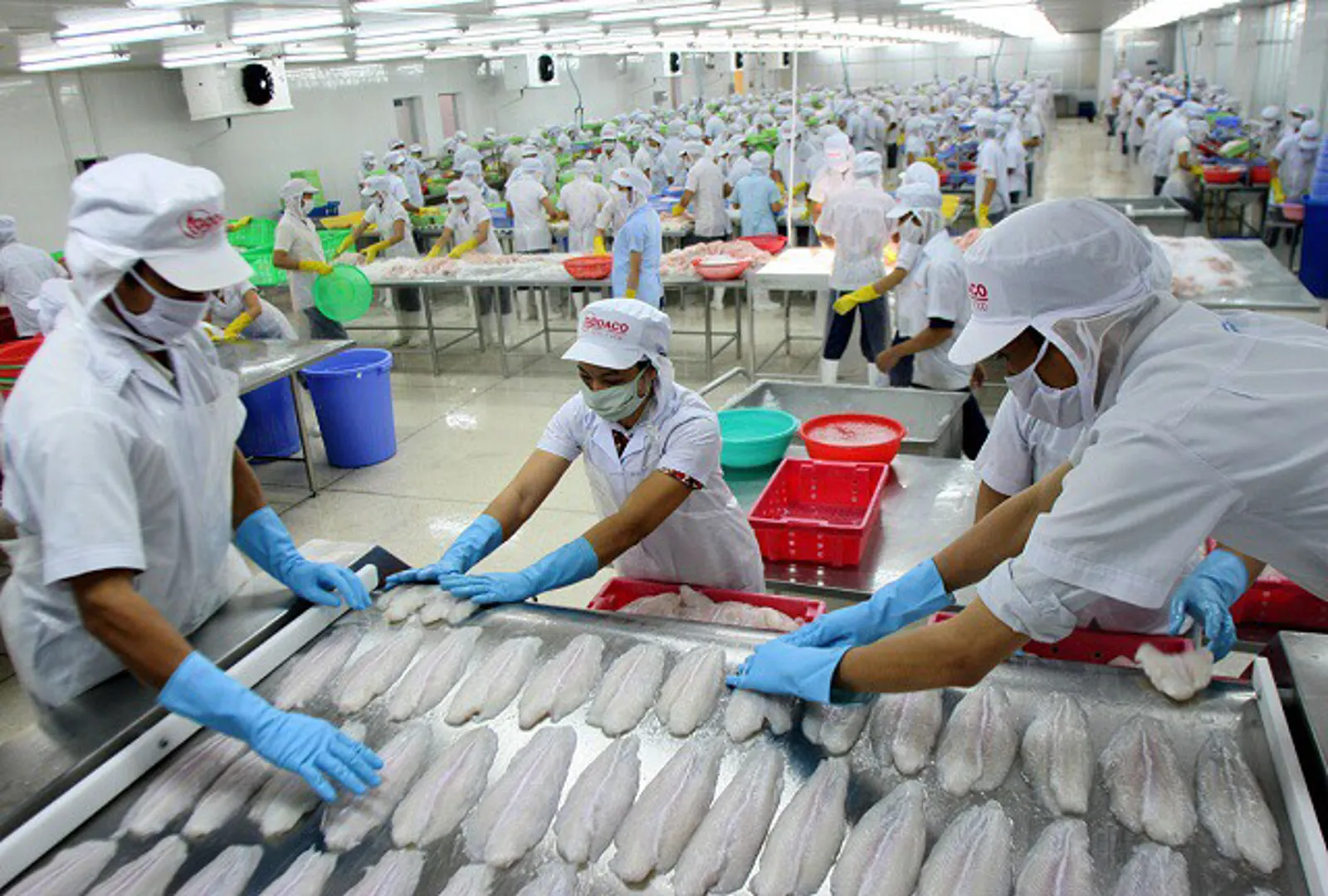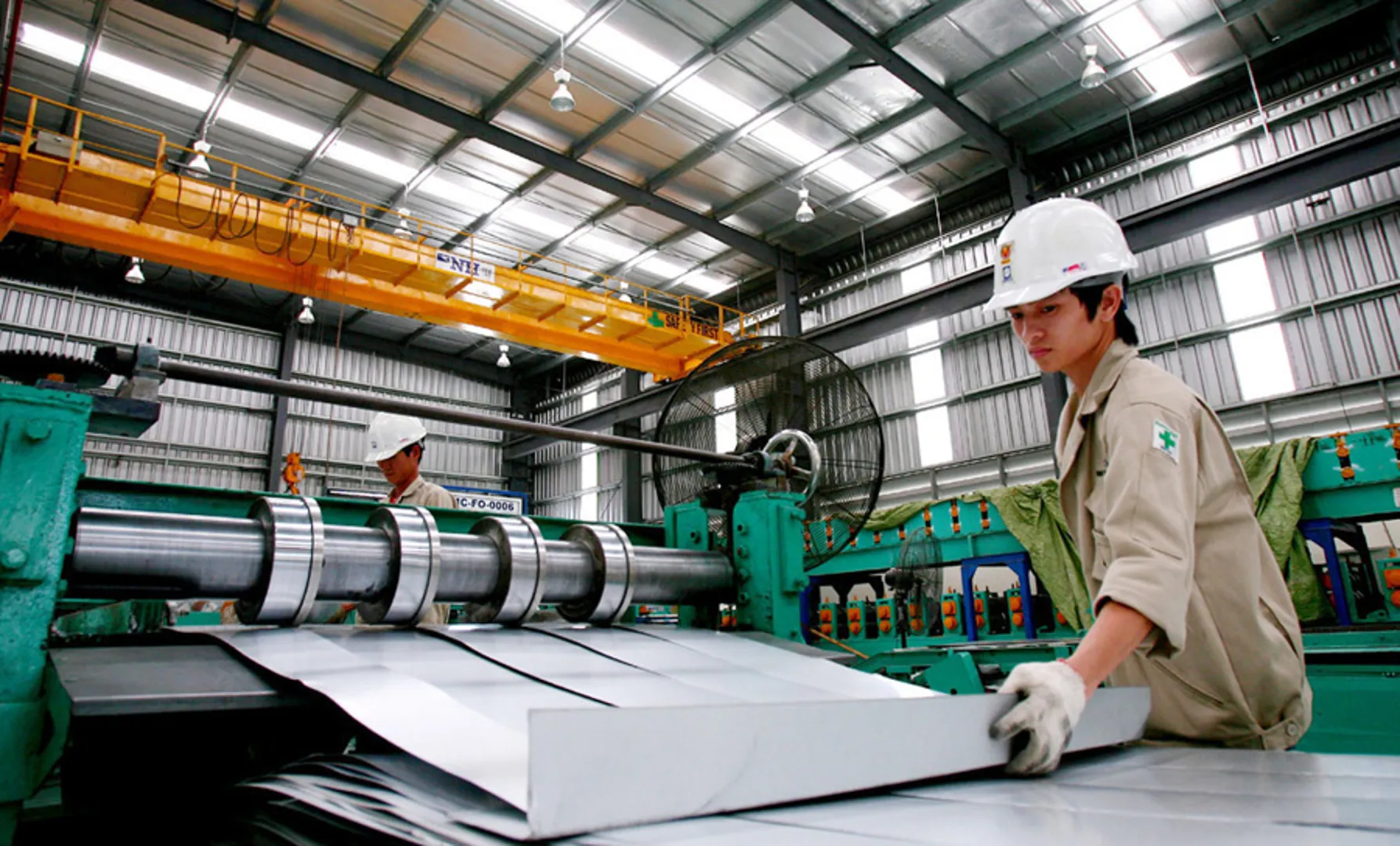Foreign investors' perception key to help upgrade Vietnam stock market: Expert
It takes time for foreign investors to study the new regulations and change their perception to the Vietnam’s stock market, stated a senior official at the stock market watchdog.
The sentiment of foreign investors, not global providers of financial services such as FTSE Russell and MSCI, is the key factor to decide whether Vietnam’s stock market can be upgraded to Emerging Market status, according to Ta Thanh Binh, head of the market Development Department at the State Securities Commission (SSC).
| Mrs. Ta Thanh Binh (middle) at the conference. Source: Vietnam Securities Economic Magazine. |
Even when Vietnam completes finalizing the legal framework and meets nine out of nine criteria, it does not mean the country’s stock market is automatically upgraded, said Mrs. Binh at a conference held by the Vietnam Securities Economic Magazine on October 21 to discuss the potential of Vietnam’s stock market in the post-Covid-19 period.
Vietnam is currently in the Frontier Market group, and was added to the FTSE Russell’s watchlist for possible upgrade to Secondary Emerging Market in September 2018. However, after one year of review, Vietnam only met seven out of the nine criteria of FTSE.
It takes time for foreign investors to study the new regulations and change their perception of the Vietnam’s stock market, while not any information that FTSE Russell and MSCI obtain from the Vietnamese market is accurate or updated, she added.
From her own personal view, Mrs. Binh suggested all major concerns of foreign investors for the local stock market would be addressed in the upcoming laws and regulations, including the revised Securities Law, scheduled to take effect in early 2021.
| Le Duc Khanh, director of the Investment Department under VPS Securities Company. Source: Vietnam Securities Economic Magazine. |
On the prospect of Vietnam’s stock market in the short term, Le Duc Khanh, director of the Investment Department under VPS Securities Company, said the benchmark VN-Index has been recovering strongly since its March bottom that marked a 25% slump.
Since April, liquidity in the market has surged 35 – 40% against last year, Mr. Khanh noted, adding this would be a major factor that helps the stock market go upward in the coming time.
In addition to a number of industries and sectors that are expected to record positive performance, the State Bank of Vietnam (SBV)’s decision to keep low policy rates would lead to more cash into the stock market, asserted Mr. Khanh.
According to Mr. Khanh, the VN-Index could return to 980 – 1,000 points by the end of 2020 and continue to pick up in 2021.
At the market close on October 21, the VN-Index lost 5.39 points or 0.57% against the previous day to 939.03 points.

Fin Min's new circular expected to propel Vietnam stock market to EM status
Being allowed to short sell and trade at T+0 will help Vietnam improve evaluation criteria under global providers of financial services such as FTSE Russell and MSCI.

Strong liquidity in Vietnam stock markets boosts stock exchanges revenue
The average liquidity for a trading session in the first half of 2020 rose 24% year-on-year to VND5.8 trillion (US$250 million).

Vietnam stock market projected to get status upgrade in 2021
A possible delay in the Vietnamese stock market’s status upgrade until next year will result in the country losing a significant catalyst to reverse the trend of foreign selling.








